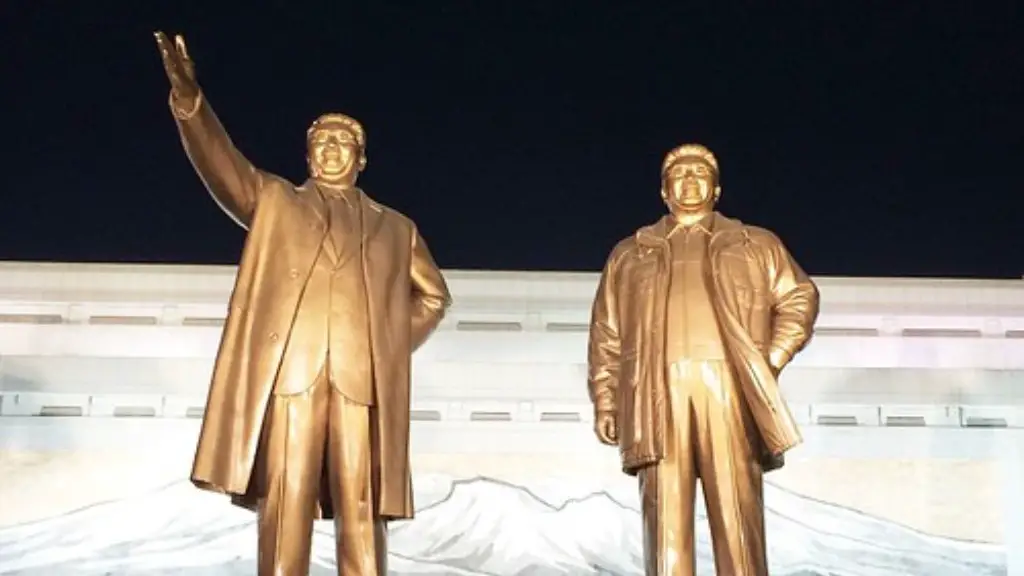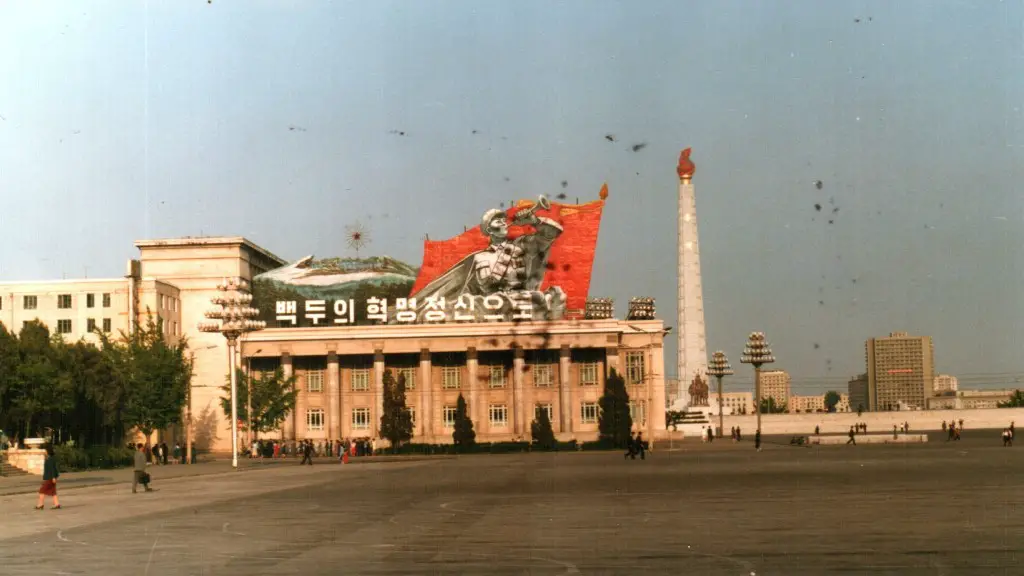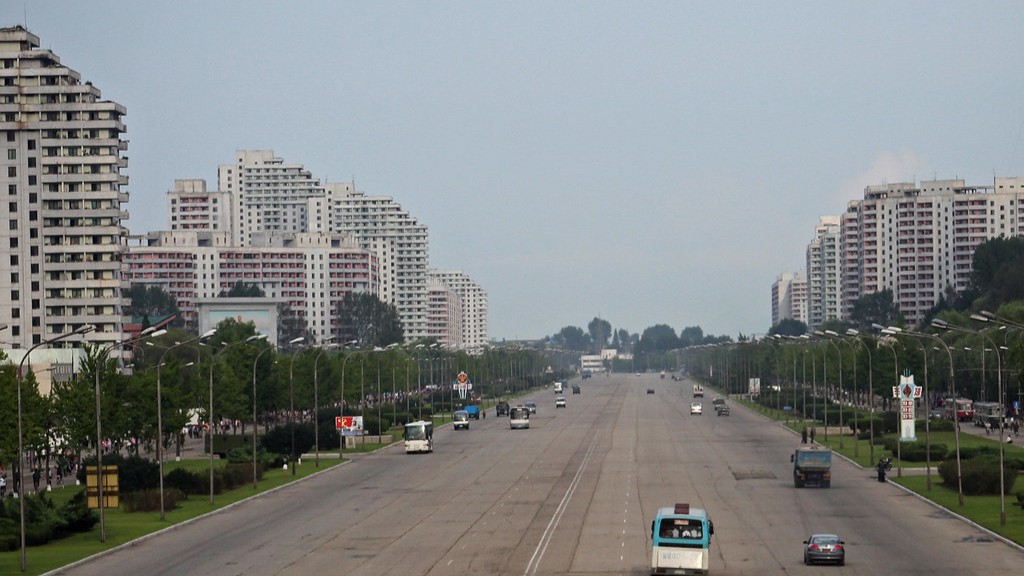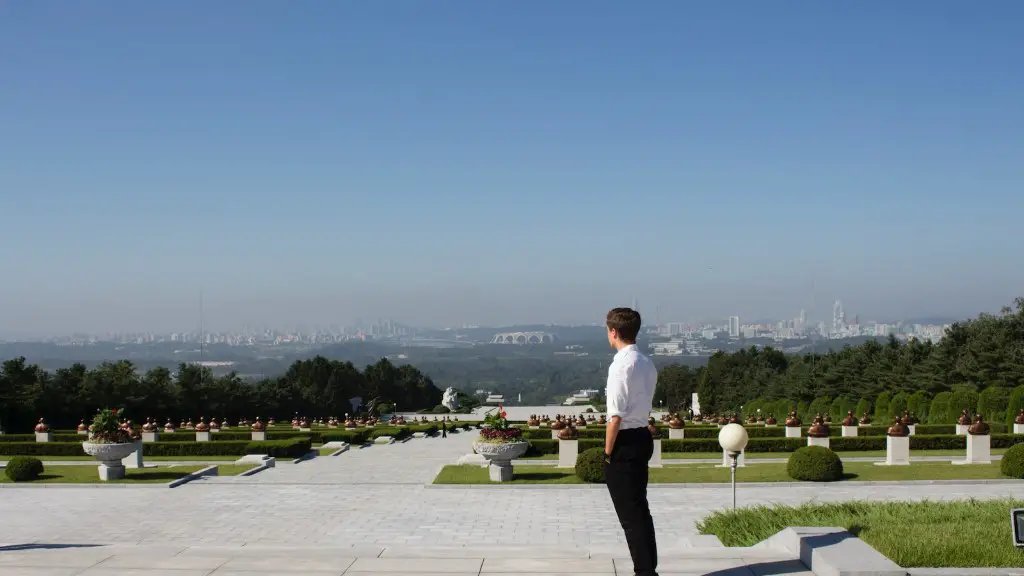Background Information
North Korea, officially known as the Democratic People’s Republic of Korea, has been isolated from the rest of the world for decades.
International sanctions have been in place since the 1950’s that prevent North Korea from trading and accessing many resources like money, technology, and tools. These sanctions are not only aimed at reducing the influence of the North Korean government, but also at making it difficult to continue certain activities, like the development of weapons of mass destruction and support for terrorist organizations.
Effects on People
International sanctions have had a significant impact on the North Korean people.In many cases, they have been thetarget of this oppressive regime’s policies, as the government has only prioritized the welfare of the ruling family and their cronies. As a result, North Korea has the highest rate of child malnutrition in the world, and the average North Korean is significantly poorer than before the sanctions were imposed.
International Sanctions
International sanctions on North Korea have largely been imposed by the United Nations (UN). In 2006, the UN Security Council adopted Resolution 1718, which imposed a series of economic sanctions. These included a ban on the import of luxury goods and items related to the nuclear and missile programs, as well as restrictions on the activities of North Korean diplomats.Since then, further UN resolutions have been adopted to strengthen the sanctions regime.
U.S. Sanctions
The United States has also imposed numerous sanctions on North Korea over the years. These include trade embargoes, asset freezes, and financial restrictions. For example, the U.S. has frozen millions of dollars worth of North Korean assets, as well as imposed sanctions on individual North Korean government officials.
Chinese Sanctions
China is North Korea’s most important ally and one of its largest trade partners. In recent years, China has imposed more stringent sanctions on North Korea. This includes restrictions on the import of North Korean coal and other resources, and a travel ban on North Korean citizens. In 2015, China’s deputy ambassador to the UN, Wu Haitao, declared that China supported further measures to “deny any financial subsidies or support that enable North Korea to engage in activities that are in violation of the UN Security Council resolutions.”
Involvement of Other Countries
Other countries, such as Japan and South Korea, have imposed their own sanctions on North Korea in recent years. For example, in 2017 Japan passed the “North Korea Sanctions and Human Rights Protection Act”, which bans trade between companies in Japan and North Korea, as well as restricts North Korean vessels from entering the country’s waters.
Inspections and Verification
An important component of the international sanctions regime is inspections and verification of cargo going into and out of North Korea. In 2006, the UN established an inspection and monitoring system to ensure that no prohibited goods are being smuggled into the country. This system is now managed by the Panel of Experts, a body of experts appointed by the UN Security Council.
Support from Russia and Other Countries
Not all countries are supportive of the international sanctions regime against North Korea. Russia has long been opposed to the sanctions, supporting North Korea’s right to self-defense and pushing for negotiations. Russia has also refused to cooperate with inspectors, stating that the inspections had been “taken too far”. Other countries, such as India and China, have also opposed the sanctions, citing the danger of destabilizing the region.
Criticism
Critics of the international sanctions regime argue that the sanctions are ineffective at achieving their stated goal of denuclearizing North Korea. Furthermore, they argue that the sanctions have had a significant detrimental impact on the North Korean population, exacerbating the country’s food shortages and other humanitarian issues.
Legality
Under international law, UN sanctions are treated like laws, and those who violate them are subject to legal action. However, the implementation and enforcement of sanctions is largely left to individual countries, making the actual enforcement of sanctions difficult.
Alternatives
In recent years, there have been several attempts at alternative methods of diplomatic engagement with North Korea.
In 2018, South Korean President Moon Jae-in proposed a “roadmap for peace” for the Korean peninsula, which aimed at reducing tensions between North and South Korea and establishing diplomatic relations. This initiative has so far failed to make much progress, but it remains an option for further diplomatic engagement.
Opposing Points of View
Not all countries agree on the need for international sanctions against North Korea. Supporters of the sanctions point to their usefulness in pressuring the North Korean government to abandon its nuclear and missile programs. But opponents argue that sanctions are ineffective and impose a heavy toll on the North Korean people.
Economic Implications
The economic implications of the sanctions are far-reaching. In addition to the impact on the North Korean population, the sanctions have had an impact on the global economy. For example, trade between China and North Korea has been significantly reduced since the sanctions were imposed, and this has had a negative impact on the Chinese economy.
Conclusion
In conclusion, it is clear that sanctions against North Korea have had a significant impact on the country and its people. While the economic impact of the sanctions has been severe, there is still ongoing debate over whether the sanctions are effective in achieving their desired goal.



